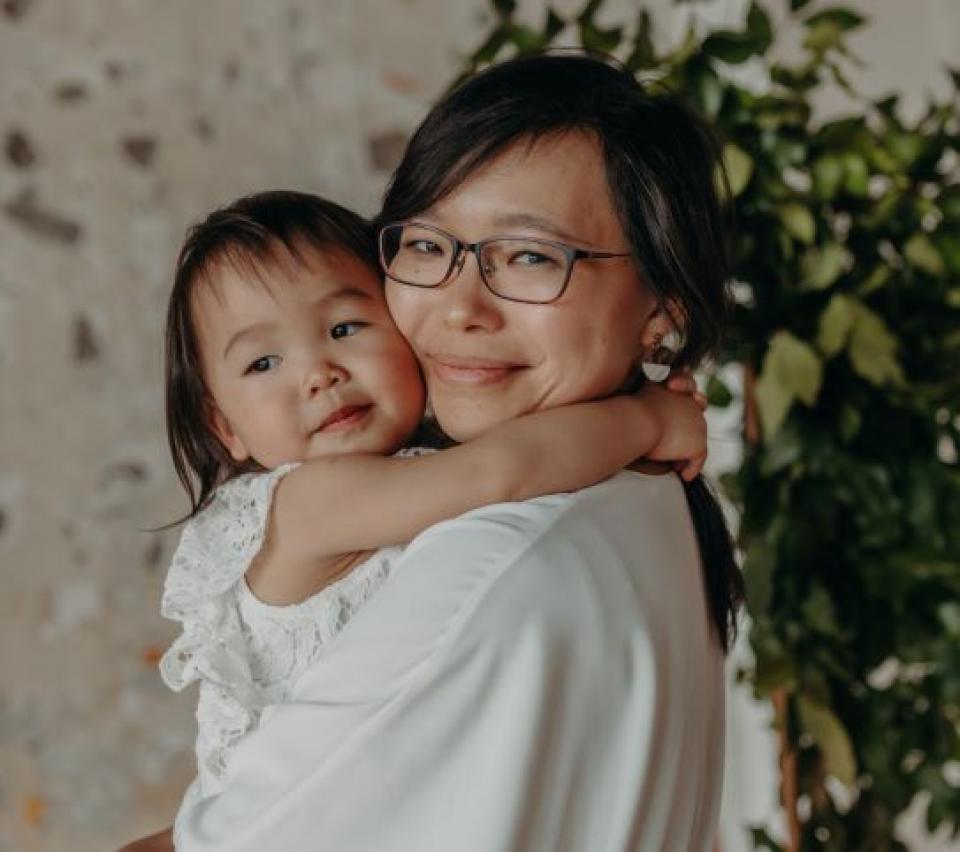A Kiwi mum and architect who launched a nutraceutical business to support lactation levels of breastfeeding new mothers is now exporting to more than 20 countries.
Referrals from a global network of lactation consultants and birthing professionals are helping sales to grow by more than 500 percent each year - supplying thousands of customers in a diverse range of countries including Alaska and Jersey.
The product range is based on a global trend towards the use of galactagogues, foods that can help to increase breastmilk supply typically by increasing prolactin levels, and uses a combination of New Zealand oats, proteins, essential fatty acids and traditional herbs.
International research has shown that around three quarters (76%) of mothers reported that while breastfeeding, they felt as though they were not making enough milk to meet the needs of their child and yet over half (54%) also indicated that they had not supplemented with formula.[1]
Wendy Poon, a commercial architect, first saw the business opportunity, which launched during the pandemic, after struggling as a new mum, relying on her mother and grandmother’s knowledge of nourishing foods to help.
“I knew if I was struggling there must be other women who were too and that there was a market out there for natural products which supported women, nourished their bodies and helped them breastfeed,” she says.
Poon says her range of 17 midwife and lactation approved products have been popular with shipments to countries including; Spain, Austria, Japan, Germany, Canada, USA, Vietnam, China, Malaysia, Singapore and Australia.
She says her international sales are driven by referrals from lactation consultants, which are the third most common source of information on galactagogues for new mothers - behind word of mouth and the online sources.
The Mammas Milk Bar business, now in its second year, has sold more than 20,000 units with month-on-month growth at almost 6,000 percent and annual sales up 500 percent year-on-year. Order volumes have grown from three to up to 115 per day over the same time period.
“I could see there was a need for natural, nourishing products to help women struggling with their postpartum health and breastfeeding. I drew on my family’s Malaysian heritage and understanding of superfoods, along with ingredients from a number of other cultures.
“Specific foods thought to enhance a new mother’s milk supply vary by culture. In Korea seaweed soup is given to mothers after birth, while new parents in India eat dhal and in the United States lactation cookies are made with oats. Mums in the Philippines and Africa eat moringa leaves and other parts of the plant both raw and cooked. These foods are all nutrient dense,” she says.
“Our products also include New Zealand oats which are blended with yeast, maca, moringa leaf, organic coconut cream which are used in cultures around the world to help support breastfeeding,” she says.
Poon says the quality of the oats are essential in production which is why she favours New Zealand milled oats from Otago which she says have a higher nutritional value than imported varieties.
The lactation range also features celiac-friendly products and Poon says this is another growth market which needs to be developed further, due to the limited number of nutraceutical products available for gluten-free mothers.
Poon says in addition to the organic and natural ingredients used, every effort has been made to ensure the safety of the products for new mums who can be anxious that they are providing the very best for their infants.
“We use Food Safe grade 1 bottles with aluminium lids and the packing is also recyclable with removable stickers which can be used as sensory toys or upcycled to use as label storage on containers and other items,” she says.
Poon says the aim for the next stage of the business is to scale up production and increase the number of distribution channels beyond online. "While still focusing on maintaining our connection with the intimate motherhood community.”
For more information click here.


